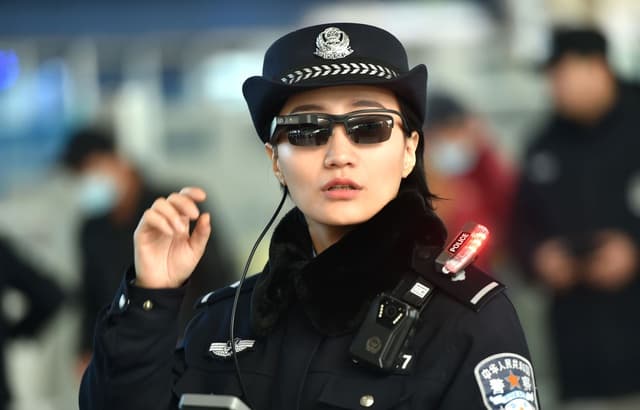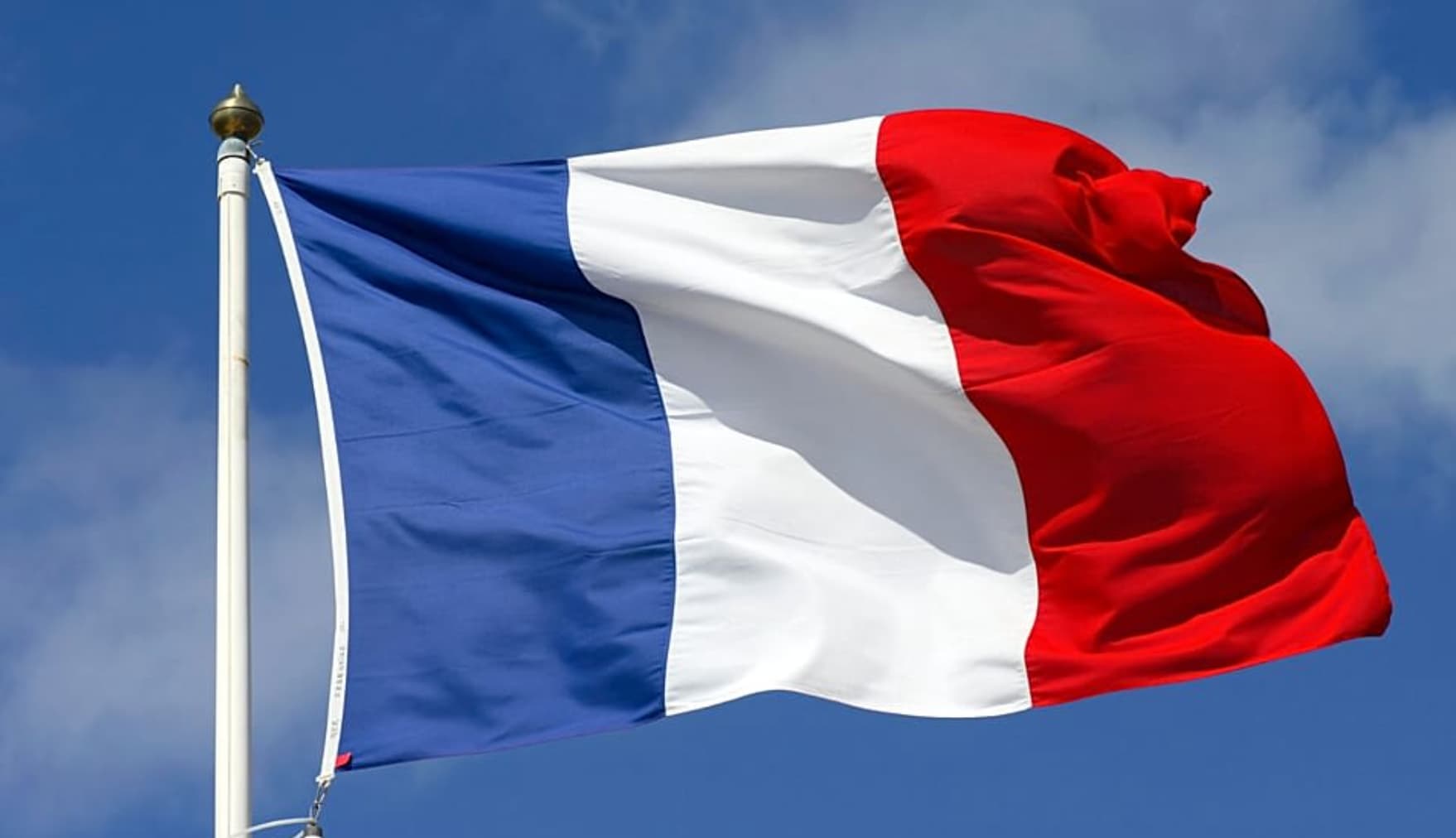San Francisco Bans Facial Recognition and re-launches Debate

BIG BROTHER: San Francisco, the world’s high-tech capital, bans the use of facial recognition tools by police and other local government agencies
The ban on facial recognition in San Francisco , the world’s high-tech capital, illustrates the growing concern over this fast-growing technique of the future, which is being watched with concern over the risks of encroaching on individual freedoms.
Eight of nine California city council members voted Tuesday for the new regulation, the first in an American city to ban the use of facial recognition tools by police and other local government agencies. It is still scheduled for a procedural vote next week, but it is unlikely to change the situation.
Facial recognition has very bad press
Technically, facial recognition can scan an individual’s face and compare it to an existing database. The technology can be used to unlock a phone or car, pay in store, or have his identity verified in front of a bank drop-off. But its use for judicial purposes has caused an uproar among human rights defenders because of potential errors, as this technology relies on the construction of large databases without a guaranteed monitoring system.
In addition, facial recognition has been very bad news since China announced the deployment of a comprehensive surveillance system aimed at tracking criminals. This tool could be diverted and used against the population, as its use to monitor the movements of the Uyghur Muslim minority , according to press reports.
Imperfect technology
The decision of the San Francisco authorities “is a reminder that we are not at the mercy of new technology,” said Jay Stanley, political analyst at the American Civil Liberties Association. “It is certainly impossible to interrupt the research and development of new tools. But that does not mean that we can not prevent the deployment of technologies that harm our values, “he adds.
Activists of individual liberties also claim that this technology is flawed, with several studies showing a high margin of error for minorities.
“In the current state, it is inappropriate for government agencies to use facial recognition because the risks far outweigh the potential benefits,” says Evan Selinger, professor at the Rochester Institute of Technology.
Tiffany Li, a law researcher at Yale University, agrees, saying that progress must be made to study the impact of this technology on freedoms. She “is not accurate, just, or safe enough for the moment. And our laws can not yet protect us from potential abuse, “she explains in a tweet.
Avoid living the world described in George Orwell’s 1984 novel
Among other criticisms, Microsoft President Brad Smith said last year that it is urgent to impose limits to avoid the situations described in George Orwell’s “1984” describing a world of generalized surveillance. Despite the ban in San Francisco, many US cities use facial recognition.
A 2016 study by Georgetown University found that about 64 million Americans were in at least “a virtual list”, although most had no criminal record and it was difficult to really know. if the stored information was correct and did not affect anyone improperly.
Face recognition allowed at airports
The facial recognition is also deployed in US airports, with the objective of helping to get passengers on board and disembark faster, to monitor potential suspects. The San Francisco ban does not apply to airports or federally regulated sites. Experiments would also be conducted by the customs on the fight against illegal immigration. The main argument of its defenders is that of security.
Authorities “can use facial recognition to effectively identify suspects, find missing children or untraceable seniors, and secure access to public buildings,” all at lower prices, says Daniel Castro, vice president of Information Technology and Innovation Foundation. “Ironically, a ban is a step backward in the protection of privacy,” he says. “Rather than having humans watching surveillance cameras, facial recognition would use independent cameras,” says Castro.
Enjoyed this? Get the week’s top France stories
One email every Sunday. Unsubscribe anytime.


